from the everything-bad-is-good-when-i-do-it dept
Late last year, we wrote about the extremely misleading discussion around “shadow banning” on Twitter. The history of the term is important, as it originated as a tool to defeat trolls, and it had a very specific definition: making users who were deemed problematic to a site think their posts were still getting through, when no one else could actually see them. The concept began on the Something Awful forums as a tool against trolls, and migrated elsewhere. It was seen as a clever approach to trolls who especially live for reactions: they can keep posting, but they never get any reaction.
However, in 2018 the term was corrupted, and morphed by some bad reporting, into being used to convey any kind of de-ranking or algorithmic demotion. Still, these days, it has become the common usage of the term among many, even as it makes the word kinda meaningless and disconnected from the more clever anti-trolling tool it really was under its original meaning.
This is because the nature of any algorithm, be it search or recommendation feed, is that it has to uprank some items (the ones the algorithm thinks is most relevant) and downrank other items (the ones the algorithm thinks are least relevant). Yet, that shouldn’t be seen as “shadow banning,” as it’s not about banning anything.
Either way, one of Elon Musk’s big pronouncements upon taking over Twitter was that he seemed all in on this idea, which he acted as if he invented, calling it “deboosting.”
Hilariously, though, just weeks later, when one of the Twitter Files discussed how Twitter already had such tools in place for what it referred to internally as “visibility filtering,” (something that had been widely discussed years earlier when Twitter announced the policy), he acted as if something criminal had happened.
Indeed, soon after he promised that Twitter would shortly be rolling out a feature to tell users if they had been “shadowbanned.”

Like oh so many of his promises, this one is still yet to materialize.
What has been shown, repeatedly, however, is that Musk is now using the ability to “max deboost” those he dislikes, to his own advantage. We already noted how it was ordered that the account that tracks his jet was given the most stringent visibility filtering (before he banned it entirely — despite promising not to).
Then, last month, Tesla employees charged that Elon had done the same to their new union’s Twitter account in some filing with the NLRB.
And, now, the latest is that Platformer reports that employees inside Twitter have leaked that Musk ordered them to “shadow ban” the Twitter accounts of other social media networks.
Twitter has been down-ranking the corporate accounts of its competitors, including TikTok, Snap, Meta, and Instagram, Platformer has learned. The change, which was rolled out in December, means that tweets from these accounts are not recommended to users who do not follow them, and won’t show up in their For You tab, we’re told.
The down-ranking has been applied to more of TikTok’s accounts than any other company’s, according to internal documents obtained by Platformer. At least 19 of TikTok’s corporate accounts, including @TikTok_US, @TIkTokSports, and @TikTokSupport, are included in the down-ranking list, compared to three of Snap’s corporate accounts and two of Instagrams. Publicly available data shows that engagement on tweets from @TikTok_US saw a sharp downturn in January.
The timing of this matches with that brief moment when Twitter officially changed its public policies to say that no user could link to any alternative social media platform, which pissed off basically everyone. About the only person who stood up to defend it was Musk’s mother, who looked kinda silly when Elon rolled back the policy a day later, admitting it was stupid.
However, based on the timing, it looks like Musk only rolled back the public part of the policy, saying users couldn’t link to other social media apps. What appears to have been left in place was the plan to secretly “max deboost” the corporate accounts of those other companies, which is the kind of thing you do when you’re really secure in your value proposition over them.
Elon is, of course, free to do this. It’s his playground and he can do whatever he wants with it. But it’s pretty funny that people were all worked up about publicly revealed plans to try to use these algorithmic filtering tools to boost “healthy conversations,” and yet those very same people don’t seem to much care when Elon is using it to settle personal scores.
Filed Under: competitors, content moderation, elon musk, max deboosting, shadowbanning, visibility filters
Companies: twitter
Source link

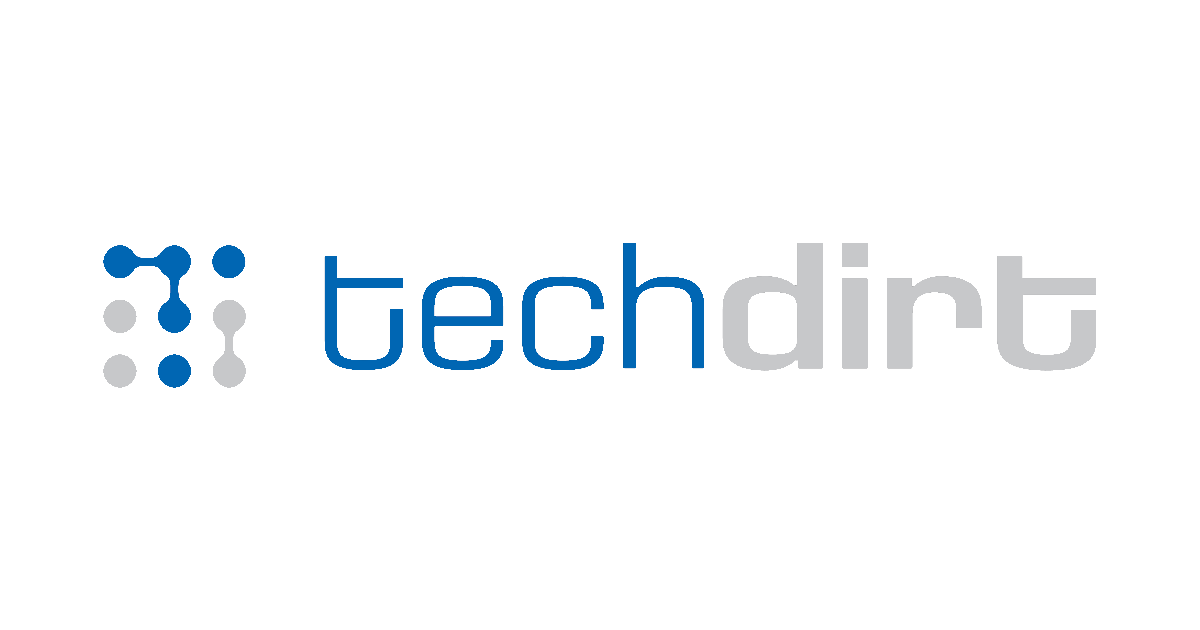
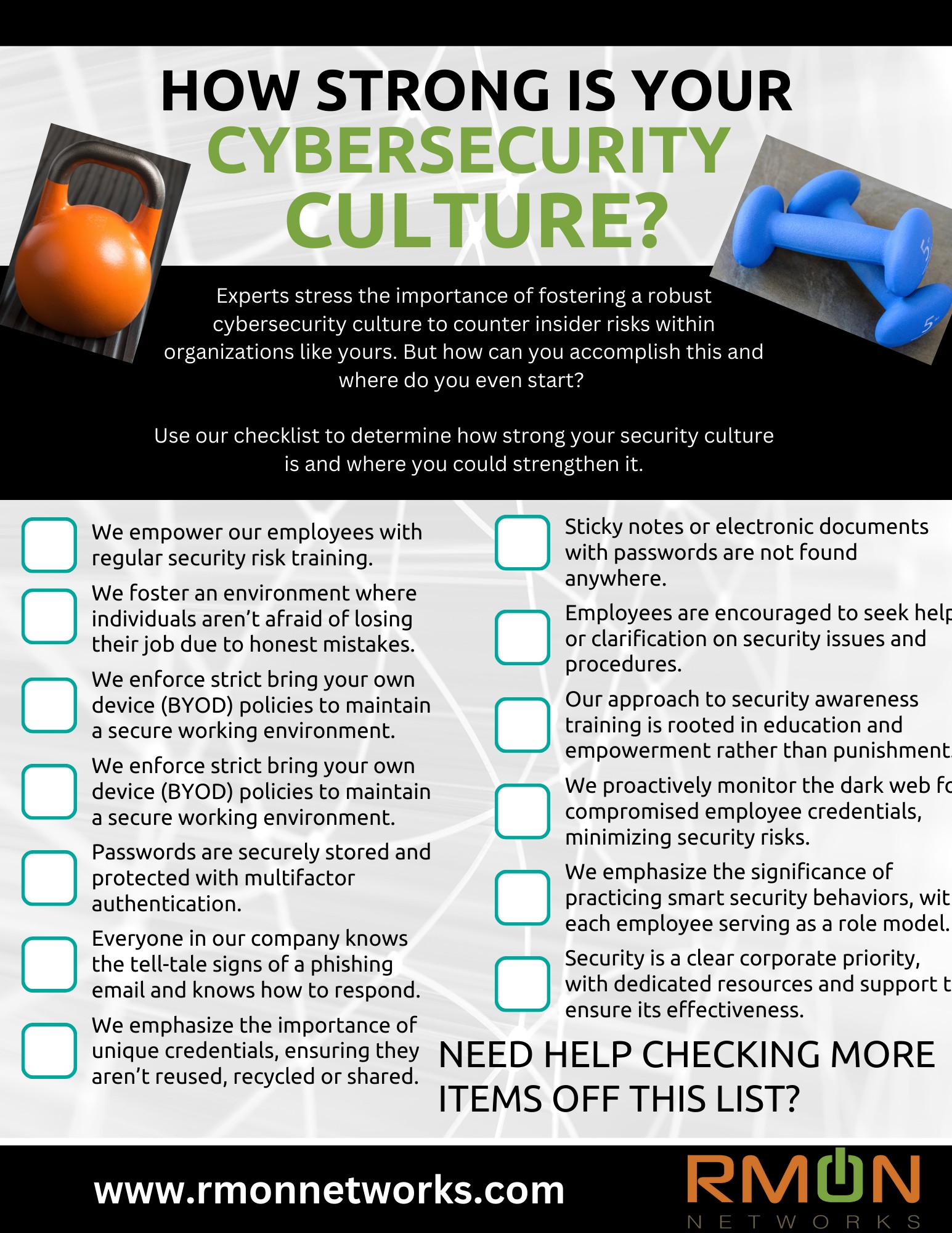
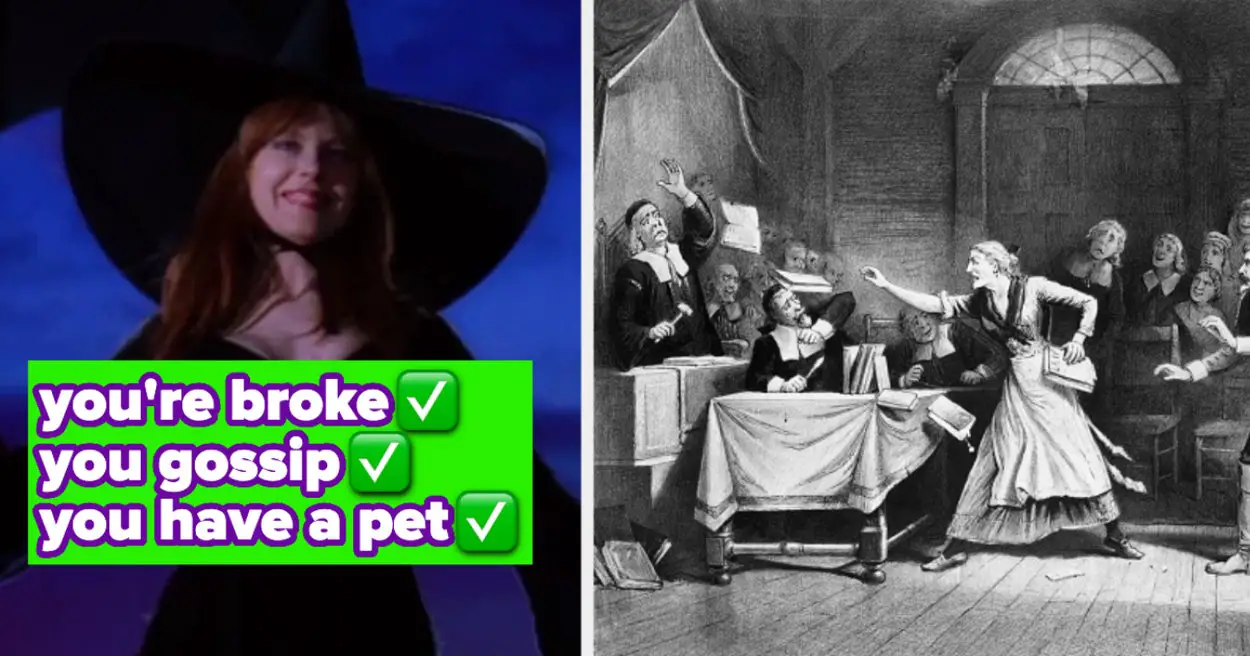
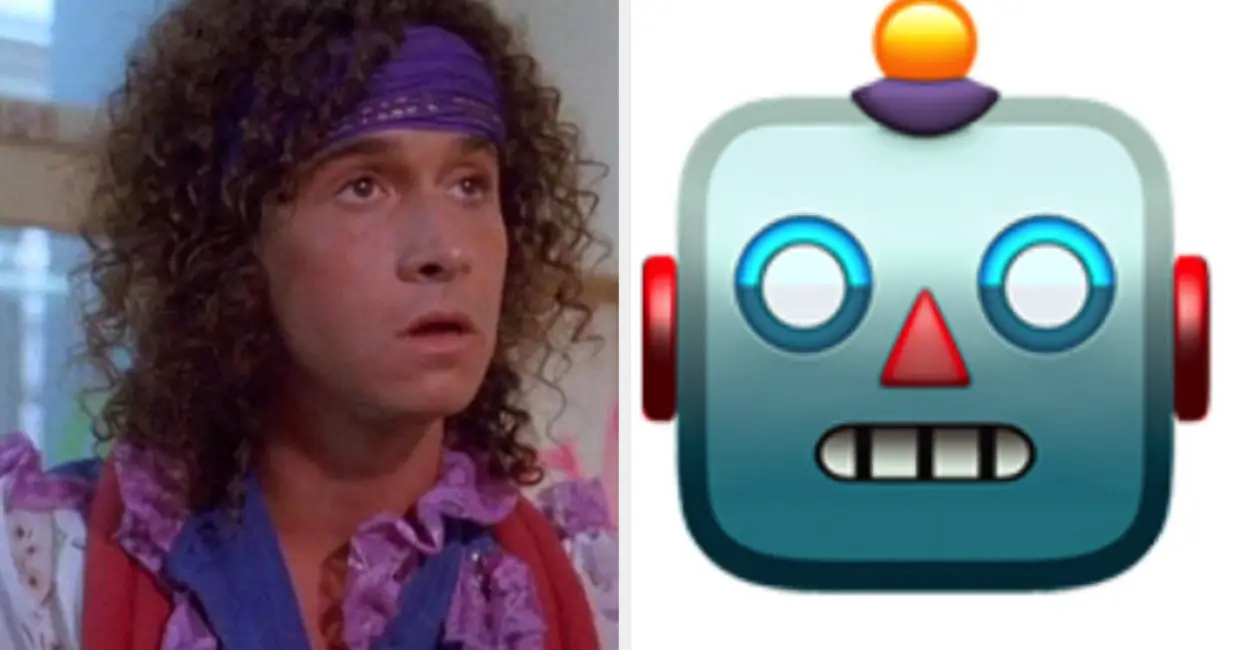
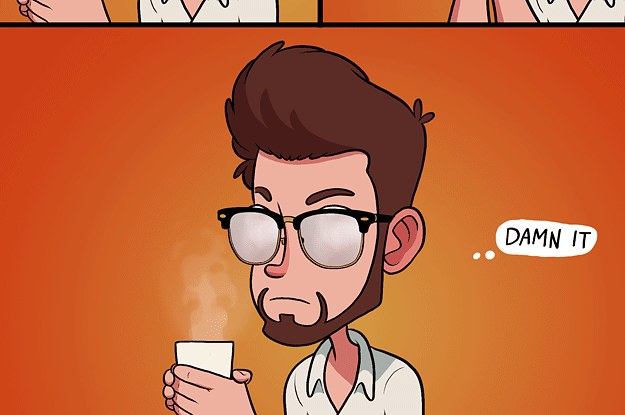
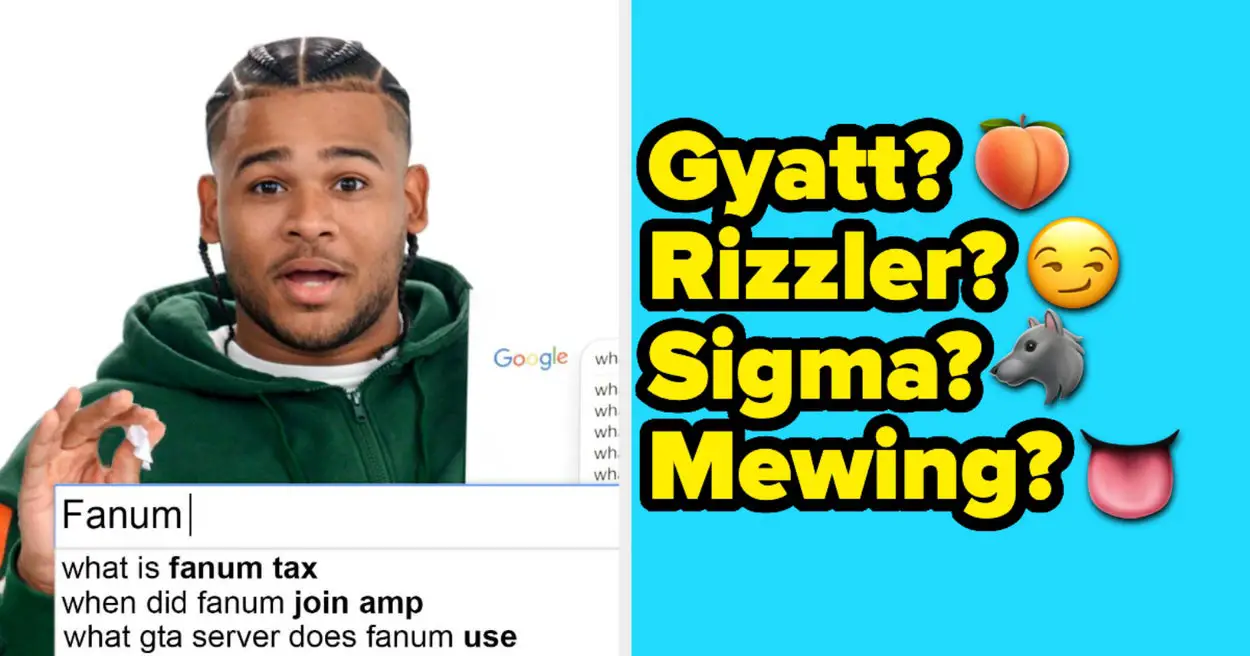




Leave a Reply